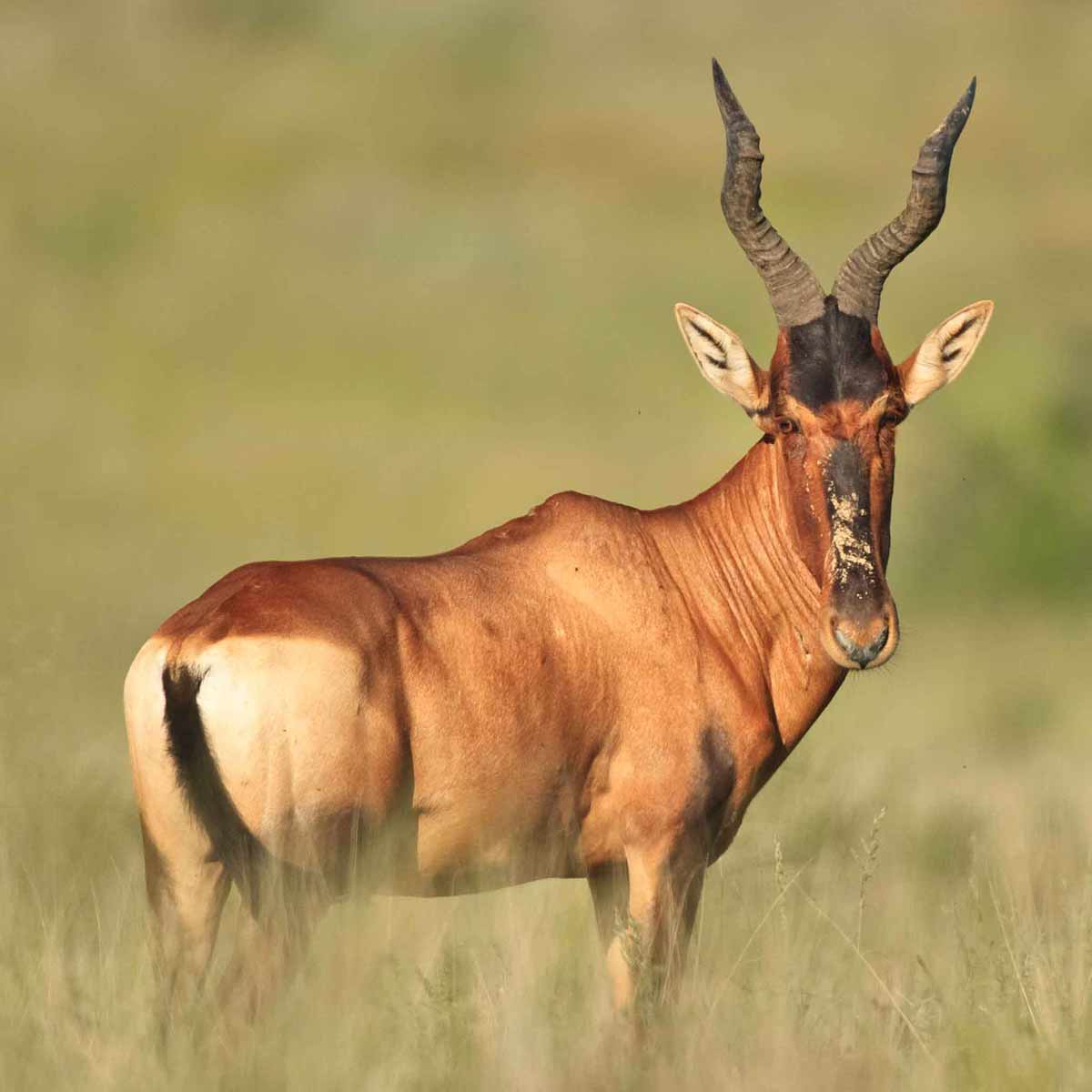We believe that wild landscapes are more valuable with people in them.
We help local and indigenous peoples leverage their traditional knowledge into meaningful modern livelihoods that achieve landscape-scale biodiversity conservation, inclusively.
Where We Work
Tanate Sustainable Development Trust is a registered nonprofit charity organization in Botswana.
We work in the heart of southern Africa’s Kalahari ecosystem, the largest, least-disturbed landscape remaining on the continent south of the Sahara.
Tanate focuses on the vast lands of free-ranging wildlife and scattered villages of the first peoples, stretching from the Kgalagadi Transfrontier Park to the Central Kalahari Game Reserve.
Our mission is not only to conserve this precious heritage but restore it through innovative landscape-scale initiatives wherein Kalahari communities are leaders. Tanate’s operational base is centrally located near Zutshwa village in KD2 Wildlife Management Area.
What nature was like in the beginning and a reminder of what nature meant us to be











We approach the Kalahari as an underappreciated treasure to global humanity. Arguably, this is the essential landscape of human origins. Subsequently, at Tanate, we believe that the Kalahari environment is immeasurably more interesting because of the first peoples who inhabit it.
As humanity faces dual biodiversity and cultural diversity crises, Tanate’s efforts focus as much on traditional knowledge preservation as they do habitat and wildlife conservation. Our projects leverage traditional ecological knowledge and ancient skills to enhance landscape-scale wilderness conservation and human prosperity synergistically. We firmly believe that human knowledge hard-earned over millennia is of great import to humanity’s modern challenges, and we strive to harness that knowledge, practically.
What does Tanate mean?
The etymology of Tanate is the word //Xanate in the !Xo language, meaning sipwell: a hole dug into the sand where traditional peoples extract life-giving water by means of suction through a straw. These can be found scattered across the great Kalahari thirstland.



